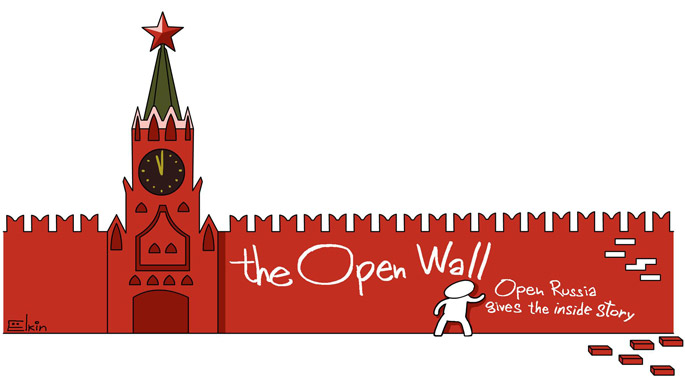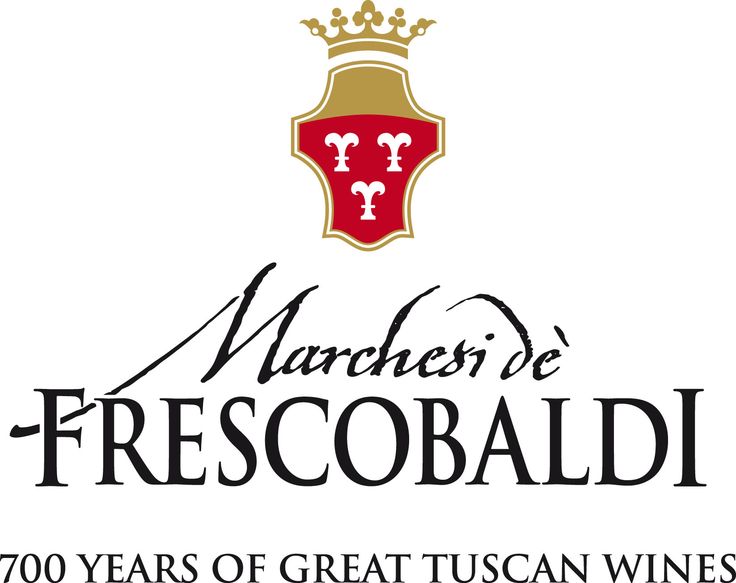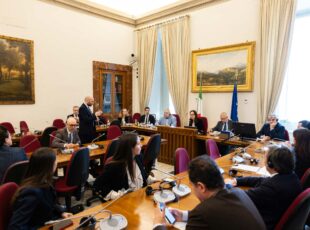New wine in old bottles

New wine in old bottles
In a recent interview with the FT, Lamberto Frescobaldi revealed that the ancient winemaking dynasty has bought a winery in Crimea. Which set us thinking …

Lamberto Frescobaldi says that the company has taken on a vineyard in Crimea to “take advantage of Russians’ growing appreciation of Italian grapes and a nationalist urge to boost the production of homegrown Russian products around international sanctions.”
This is an interesting wine view of the world, one that appears to deliberately ignore the fact that Russia forcibly annexed Crimea, a violation of international law that the EU (which includes Frescobaldi Italy) does not recognise. How the purchase is affected by those “international sanctions,” is a question that the lawyers no doubt looked at very carefully. Many people, moreover, would object to the description of Crimean wine as a “Russian product.” But when it comes to food and wine, the Kremlin has always played the nationalist card.
Even now, however, after decades of consumer affluence and the belt-loosening oil years, almost anyone in Russia is still shocked to the core by video footage of sanctions-hit food – Polish apples, Hungarian geese, Spanish oranges, French cheeses – being destroyed. Every child is taught by their mother or grandmother that throwing food away is criminal. Never mind that the bread’s gone stale, you can use it for breadcrumbs. Mould? Cut it out. Bread is sacred, and not just metaphorically. A semi-religious cult of food still exists in Russia, which only last century was an impoverished peasant country wracked by war and starvation.
So it was seen as unspeakable barbarity when, three decades ago, hectares of vineyards in Crimea, Kuban and the Caucasus were chopped down as part of the then new General Secretary’s slapdash campaign against alcoholism; and this in a country with near empty food shelves.
The fresh-faced Gorbachev wanted to change something, but didn’t know what. In his struggle with the grape, he mixed up cause and effect. Sure, Soviet people in the 80s were drowning in the bottle. The social norm was to knock back 2-3 bottles of vodka after work with a couple of mates, known colloquially as “thinking for three.” The degradation led to family breakups and other social crises.
But looking back, it was only a reflection of the prevailing zeitgeist. Cogs in the machine don’t strive for anything, especially in an era of stagnation. The ghost of Brezhnev has been stalking the late Putin period, complete with sanctions, Olympics, war, dementia and senselessness.
The Kremlin today is not fighting alcohol. On the contrary, for many years the Russian authorities have kept a lid, so to speak, on vodka prices, aware of their strategic importance in domestic policy. At the same time, the anaemic Russian economy is slowly teaching bar-frequenting Russians to sip more noble spirits and cocktails, while the craft revolution, arriving in Moscow from the banks of the Hudson and Shoreditch, seems to have the young generation in thrall to pale ale and stout.
Against this backdrop, the authorities’ attempts to invest in wine, a drink with no mass appeal in Russia, seem rather strange. This year alone, the Russian Ministry of Agriculture has almost trebled subsidies for planting and nursing vineyards. And that’s only the beginning: by 2020 the government has promised to increase the area of wineries in Dagestan, Kuban and Crimea from 85,000 to 140,000 hectares.
This is to supply winemakers with domestic raw materials. As things stand, around 80% of nominally Russian wines are in fact made from imported materials. Agriculture Minister Alexander Tkachev has promised to assist not only major producers like Massandra (in Crimea), but even small “garage” winemakers.
It’s also about attracting foreigners, which brings us back to Lamberto Frescobaldi’s decision to invest in a vineyard in Crimea, with a promise to bring in new grape varieties.
Crimean wine has always had a two-fold reputation: Massandra, at its best, was a fine wine drunk by the tsars and the aristocracy; in Soviet days it had a reputation as cheap slosh, drunk only if afflicted by poverty. Moldovan and Georgian wines were more highly valued.
The situation is unlikely to be reversed any time soon, even if a maestro like Frescobaldi does set up shop on the peninsula. In all likelihood, it is yet another attempt to sink money into a strategic project, which Crimea undoubtedly is. All the more so given that the specifics of wine-growing are such that the enterprise will only bear fruit (quite literally) in five years’ time. In the Russian context, predictions for 2021 might as well be for 2121, but the money is being handed out even as we speak.
Chances are that nothing will come of it, but do not underestimate Frescobaldi. In any case, students will carry on drinking cheap Massandra, and nothing else. One could speculate about socio-cultural patterns: wine production is a feature of Latin countries with a certain legal awareness, just as cheese production is only possible in countries with a strong sense of private property (if assets can be seized tomorrow, producers will stick to making curd and sour cream). But the bottom line is more prosaic: in today’s Russia there is no hope of any megaproject succeeding, including the grape.
We can understand why the Kremlin would so want to see the name of Frescobaldi on a bottle of Crimean wine – that’s 700 years of Italian winemaking history to put on the label, one that nicely covers up the sediment of dirty politics, which made it possible – but we are genuinely surprised that the Marchesi de Frescobaldi would put their name to such a venture. The Kremlin’s calculation is obvious to see: if the Frescobaldi family is willing to invest in Crimea, then others will follow.
So what can you do to show that this particular bottle is corked, that the nose is a little off? Well, you could always drink Frascati.



